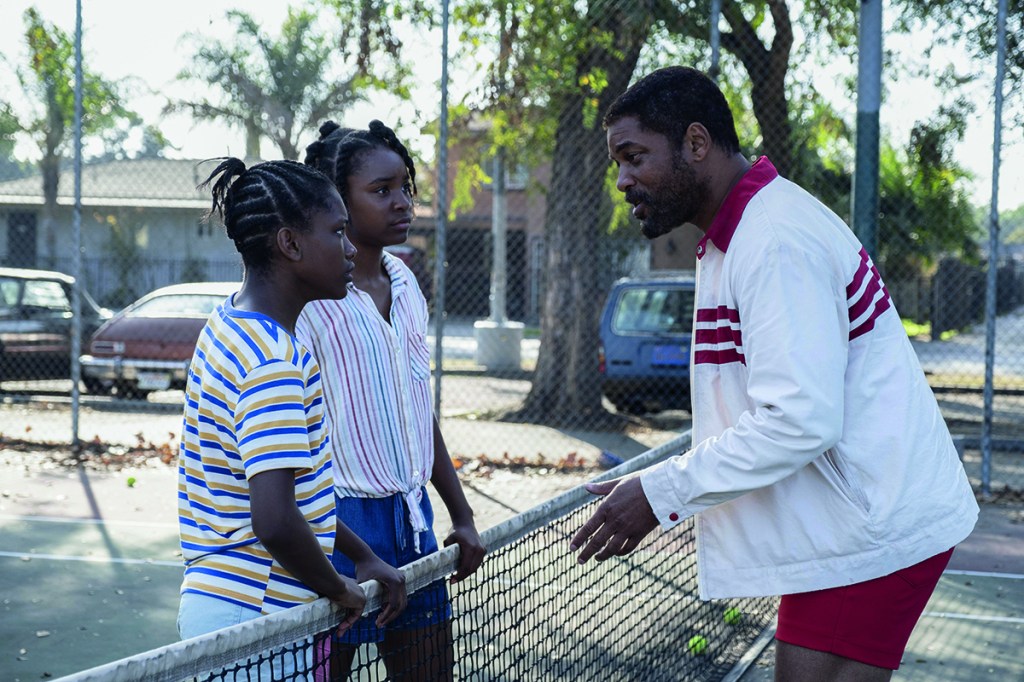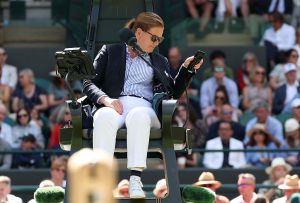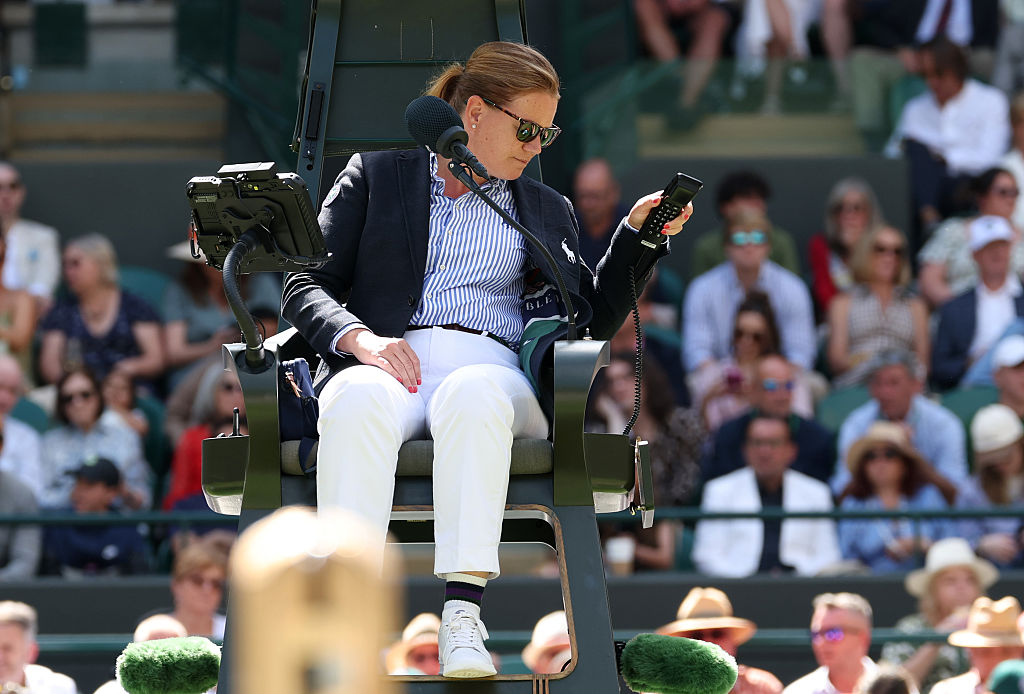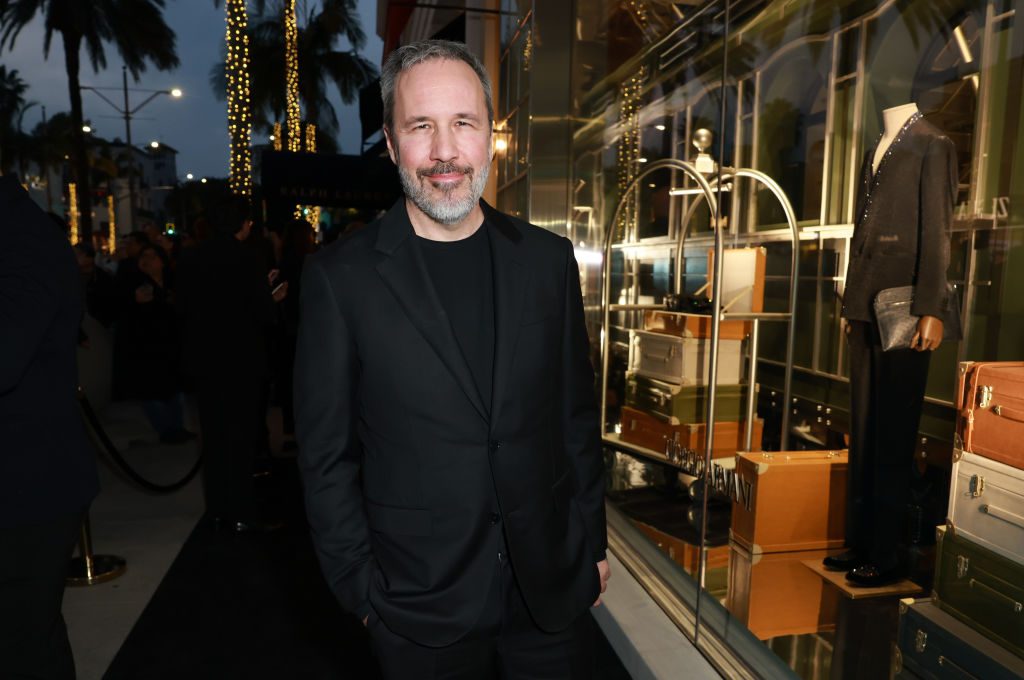Richard Williams, the mercurial father of the tennis superstars Venus and Serena, is the subject of the wonderful new biopic King Richard, starring Will Smith in an Oscar-worthy performance. Williams is a fascinating figure who, as longtime tennis fans know, planned out the careers of his daughters before they were even born, telling anyone who’d listen that the Compton-bred girls were destined for superstardom. It was a preposterous statement, all the more so since it was made by a man who knew next to nothing about tennis. Yet as we now know, Williams’s vision became reality. Though he has long frustrated detractors and admirers alike, there’s no doubt that Richard Williams is a one-of-a-kind American figure whose story of dogged self-belief, often times bordering on the delusional, is tailor-made for the big screen.
A successful biopic must satisfyingly answer two questions: who is this person being depicted? How did he become a figure worthy of a fictionalized representation? King Richard, thanks to director Reinaldo Marcus Green’s deft handling of the source material and his avoidance of over-the-top mythmaking, answers both questions as successfully as such an evasive subject would allow. King Richard opens in medias res, with Williams rolling into yet another all-white country club in search of a coach for his young tennis prodigies. It’s a wise directorial choice. The movie could have first situated viewers in Shreveport, Louisiana (where Richard grew up), frontloading the narrative with his plight as a young black man in the South. This might have helped to explain his gall and pugnacity as a middle-aged father, but it would also have meant trudging through the melodrama that usually accompanies such scenes.
Instead, we’re greeted by Smith, in all his charismatic glory, dressed in thigh-baring tennis shorts and knee socks, joking around with total strangers. Richard is immediately brought to life. No matter how well written or deftly directed King Richard is, the film’s success was always going to hinge on the central performance. Smith has starred in more than a few clunkers in recent years, but when he’s on, as he is in King Richard, he’s one of our finest actors. It’s fair to say that he carries the film, and if he’s to win an Academy Award for Best Actor — he’s a lock for a nomination — it’ll be due to his ability to transition seamlessly between the polarities of Williams’s personality.
The first half of the film frames Williams as a doting father whose unorthodox training — having the girls throw rackets and forcing them to play during thunderstorms — hints at a darker side, which, to the film’s great credit, isn’t whitewashed in favor of constructing a more palatable character. The early scenes in which Richard drives around the girls in his funky van and offers his unorthodox takes on life, placing family and loyalty first, set the tone for what’s to come. He’s a fun-loving man with real insight, but he’s also prone to a pathological stubbornness that will alienate those closest to him, as Venus and Serena begin their ascent in tennis.
After Venus, played by the talented Saniyya Sidney, dominates the California junior circuit and draws the attention of the tennis coach Rick Macci, the family relocates to Florida. Under Macci’s tutelage Venus refines her game, but Richard, unable to give up control, prohibits the rising star from playing tournaments for three years. The charming (albeit ornery) Richard of the first half of the film transforms into an unbearable brute. But this element of his nature is crucial to understanding the man, and it is during these tough-to-watch moments that King Richard — and Will Smith — really shines.
One stellar scene in particular, in which Oracene Williams, the mother of Venus and Serena, confronts Richard over his reservations about allowing the fourteen-year-old Venus to turn professional, captures the essence of the film. Oracene tells Richard that he’s still the scared boy from back in Shreveport, and if Venus is to fulfill her destiny, he must relinquish control. He begrudgingly accepts. This is one of the only moments in the film in which the audience is given a glimpse into the backstory of this difficult man, but anything more would’ve overwhelmed a movie that exists in that space between biopic and origin story.
What’s most impressive about Richard Williams is his ruthless pragmatism and his understanding that touchy-feely sentimentality is the ultimate enemy. If Venus and Serena were to rise from the streets of Compton and take over the world, Richard had to harden them, even if that made him the villain. King Richard succeeds because it resists the maudlin clichés of the genre and focuses not only on the narrative truth, but the more important spiritual truth: Williams was both villain and savior, the perfectly flawed father for the job of a lifetime.
This article was originally published in The Spectator’s February 2022 World edition.

























